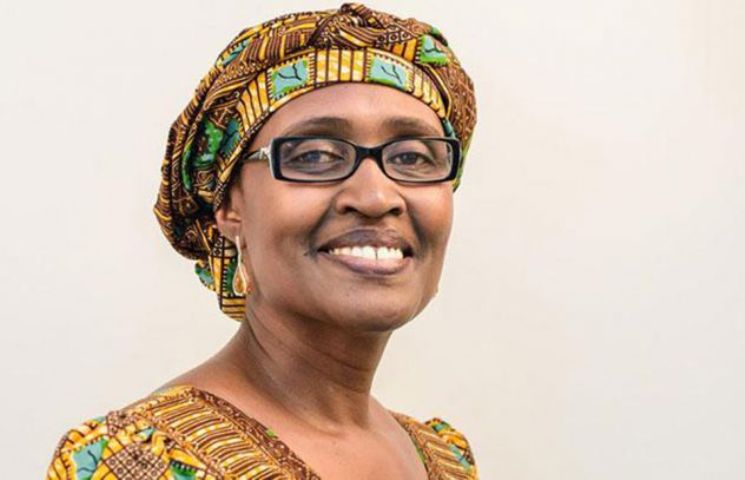Winnie Byanyima, Executive Director of UNAIDS, has called for urgent global support to strengthen Madagascar's HIV response amid a worrying rise in new infections and AIDS-related deaths. Ms. Byanyima, currently visiting Madagascar from October 19-24, is advocating for accelerated efforts to prevent new HIV infections and improve access to treatment in order to end AIDS as a public health threat in the country.
Madagascar has witnessed a 158% increase in AIDS-related deaths since 2010, while new HIV infections have sharply risen, in stark contrast to declining regional trends. In 2023, an estimated 76,000 people were living with HIV in Madagascar, with around 3,100 deaths due to AIDS-related illnesses. UNAIDS has expressed concern over the country's rising HIV infection rates, citing gaps in prevention, inequality, and weak health systems as major contributing factors.
"Madagascar’s HIV epidemic is being fueled by gaps in prevention and glaring inequalities, which urgently need to be addressed," said Ms. Byanyima. "Despite the regional trend of declining infections, Madagascar is experiencing a rapid increase, particularly in urban communities."
Compounding the problem is the limited access to treatment—only 22% of people living with HIV had access to antiretroviral therapy in 2023. Furthermore, poor data collection and inconsistent HIV testing kits in various regions make it difficult to estimate the true extent of the epidemic. HIV testing campaigns in northern Manakara revealed HIV prevalence rates between 3% and 18% in urban populations, further underlining the need for improved surveillance and comprehensive data gathering.
Madagascar’s high poverty rates—62.6% in 2023, according to the World Bank—combined with recurrent natural disasters, have made it challenging for the country to mount a robust HIV response. Droughts and cyclones continue to exacerbate poverty and disrupt health services, leaving vulnerable communities with insufficient access to care.
UNAIDS has been working with Madagascar to strengthen its HIV response, particularly by enhancing surveillance systems and supporting the expansion of HIV testing and counselling services. However, much more is needed to meet the growing demand for HIV prevention tools, including condoms, testing kits, and antiretroviral treatments.
"Madagascar can scale up its response to HIV, but it urgently needs technical and financial support from the international community," Ms. Byanyima stated. "We must ensure that essential HIV prevention and treatment services are available to everyone in need."
Ms. Byanyima's visit aims to foster greater collaboration with international partners and donors to help Madagascar address the challenges it faces in controlling the HIV epidemic.











